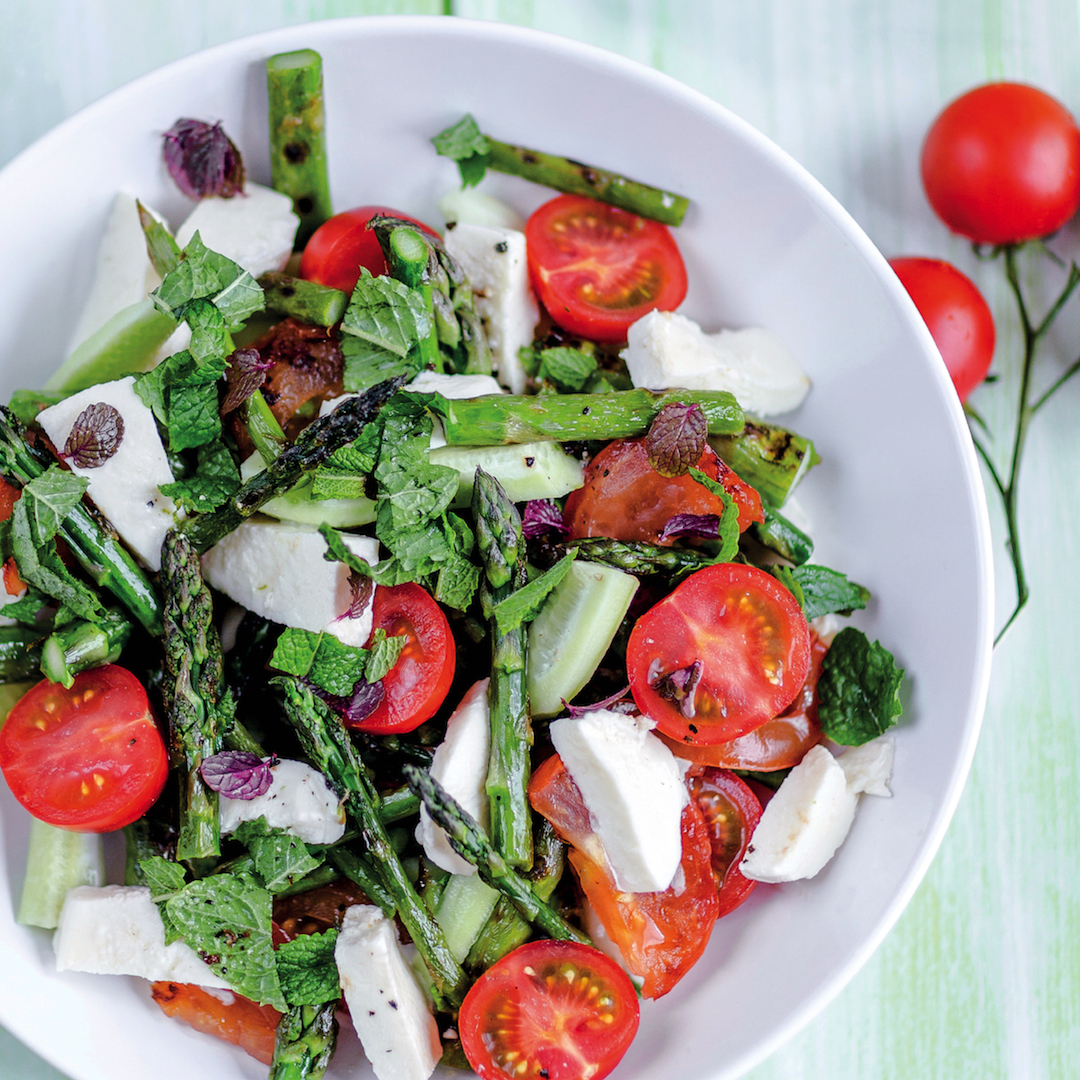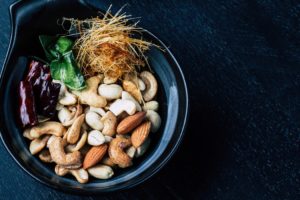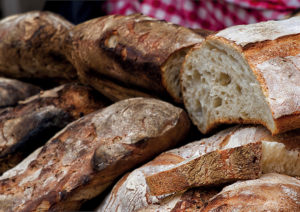Every day in SA, 33 people die as a result of heart attacks, 37 due to heart failures and 60 because of strokes. One in three men and one in four women will develop a heart condition by the age of 60. Nutrition plays an important role in keeping your ticker ticking, so we asked registered dietitian and spokesperson for the Association for Dietetics in South Africa (ADSA) Xoli Dube for some expert advice on heart disease.
By Lauren Shapiro
WHAT IS HEART DISEASE?
Also known as cardiovascular disease (CVD), it is a group of disorders of the heart and blood vessels, causing heart attacks, strokes and angina (chest pain).
NATIONAL EMERGENCY
Poor nutrition and obesity are the main causes of CVD. In South Africa, 70% of adults are overweight or obese – on par with the US. More and more children are also falling into this bracket.
WARNING SIGNS
Heart attack symptoms differ widely. Men typically have pain in the chest, neck, shoulder or jaw. Women often don’t experience chest pain but feel tired, nauseous or dizzy, with pain in the stomach or back. It is important to check your blood pressure, blood sugar and cholesterol regularly and to watch your weight.
TAKE THE PRESSURE OFF
Reduce the risk of hypertension (high blood pressure) by limiting sodium to 1 500 mg a day – that’s less than half a teaspoon of salt – and eating potassium-rich foods such as fruit, vegetables, yoghurt and bran cereals.
FAT FACTS
Dietary guidelines recommend replacing saturated fats (fatty meat, butter, full-fat dairy products and many convenience foods) with unsaturated fats (avocados, nuts and seeds). The plant sterols in these foods lower LDL (bad cholesterol) by seven to 10%. Studies also show foods rich in omega-3 fatty acids may protect against CVD, so try to eat oily fish such as mackerel or sardines twice a week.
EATING OUT
Always opt for dishes that are steamed, grilled or poached, rather than fried. Avoid any foods described as ‘creamy’, ‘battered’, ‘crispy’ or ‘cheesy’. Beware of drinks, dressings and sauces, which often contain hidden fats and sugars.
MOVE IT
Exercise lowers blood pressure and helps relieve stress and anxiety – both of which increase the risk of CVD. Aim for 30 minutes most days of the week. If you’ve been diagnosed with a heart condition, consult your doctor first.
HEALTHY EATING TIPS
1. Mix it up
Each food group (dairy, wholegrains, fruit and vegetables, proteins, and fats) provides different nutrients essential for heart health.
2. Go green
Fruit and veg are packed with vitamins, minerals, fibre and antioxidants, so eat your five-a-day.
3. Bran power
The World Health Organisation recommends that you include at least 25g of fibre a day in your diet. Get it from wholegrains, fruit and vegetables.
4. Home cooking
Preparing your own food lets you control the amount of sugar, salt and unhealthy fats.
5. Portion caution
Eat off a smaller plate and fill at least half of it with veggies or salad.




